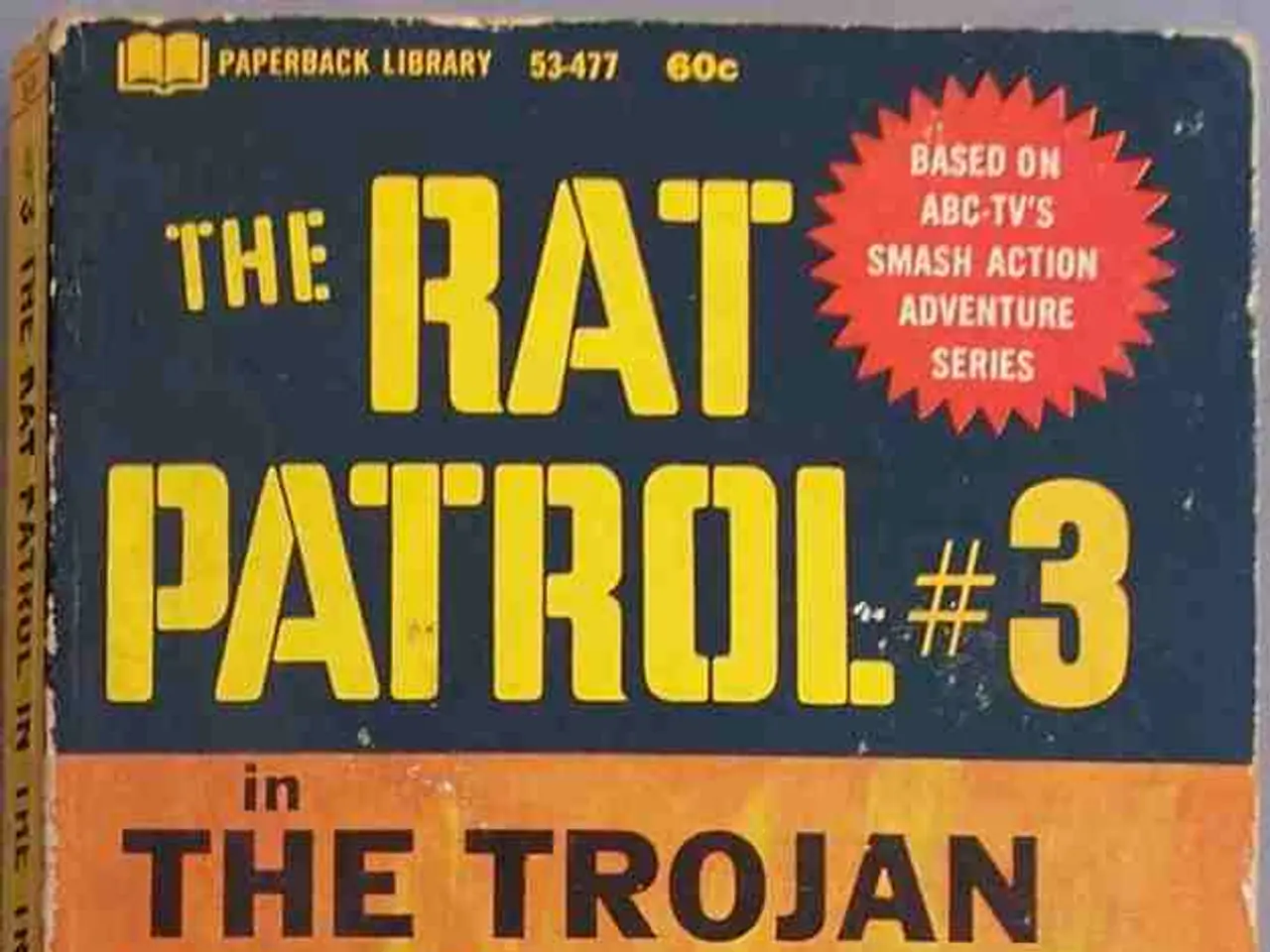Military Doll: A Raw Metaphor of Pain, Camaraderie, and the Fickle Mechanisms of Conflict
In the world of cinema, the highly anticipated psychological thriller "Tin Soldier" has made its debut, directed by Brad Furman and co-written by Pablo Fenjves, Jess Fuerst, and Furman himself. The film, which stars Robert De Niro, John Leguizamo, Jamie Foxx, and Scott Eastwood, has garnered a mixed reception, with reviews largely negative despite its high-profile cast.
"Tin Soldier" centres on an ex-Special Forces operative, Nash Cavanaugh, played by Eastwood, who seeks revenge against a cult leader known as The Bokushi, portrayed by Foxx. The Bokushi has drawn numerous veterans into his militant, cult-like movement by promising protection and purpose. The government, represented by military operative Emmanuel Ashburn, played by De Niro, recruits Nash to infiltrate this fortress-like community and expose The Bokushi’s destructive influence.
The film's narrative explores themes of hope and human resilience, as the soldiers and veterans under The Bokushi’s sway reflect a yearning for hope and purpose post-service, illustrating the human need for protection and meaning in the face of trauma or disillusionment. Nash’s return and struggle symbolize the resilience of those fighting to reclaim their true selves and the truth.
The narrative thrust—Nash infiltrating the cult to expose The Bokushi’s reign—embodies the fight against manipulation and the quest to reveal hidden realities. This theme resonates through the tension between loyalty to comrades and the need to confront dangerous ideologies.
However, despite these thematic ambitions, critics and viewers suggest the film’s execution undermines its depth, resulting in a thriller that fails to fully deliver on the complexity of hope, resilience, and truth it aims to explore.
Pablo Fenjves, a seasoned screenwriter and ghostwriter with credits including Man on a Ledge, The Affair, and the infamous ghostwritten memoir If I Did It for O.J. Simpson, lends "Tin Soldier" its fragmented emotional architecture and layered suspense. Fenjves's narrative sensibility focuses on psychological tension and emotional pacing, often anchoring suspense with deeply human stakes.
Jess Fuerst, who co-wrote and produced "Tin Soldier", is a magna cum laude graduate from the University of Pennsylvania and an MFA and MBA graduate from NYU. Fuerst's work is shaped by her early discipline as a gymnast and her investigative eye as a journalist, which she channels into emotionally resonant narratives about resilience, truth, and transformation.
Brad Furman, the director, writer, and producer of "Tin Soldier", hails from Lafayette Hill, Pennsylvania. Furman's cinematic voice is marked by a deep skepticism of institutional power and a fascination with emotionally fractured protagonists. Furman's filmmaking career gained prominence with The Lincoln Lawyer and continued with works like Runner Runner, The Infiltrator, and City of Lies.
Despite the film's shortcomings, "Tin Soldier" is recognized for its attempt to engage with profound themes of human struggle and redemption within a tense, action-driven story. However, the critical reception highlights significant shortcomings in its cinematic delivery. While the film has garnered some streaming success internationally on Prime Video, it holds a very low audience score (2% on Rotten Tomatoes).
"Tin Soldier" is a gritty psychological thriller that, despite its noble intentions, seems to fall short of its mark in delivering a compelling and emotionally resonant narrative.
In the world of entertainment, a sports-betting platform might find an interesting parallel with "Tin Soldier" as both promise a journey towards hope, resilience, and truth, even if their execution leaves much to be desired. Similarly, screenwriters crafting stories for movies-and-tv shows about sports could draw inspiration from the thematic ambitions and character-driven narrative of this psychological thriller.






